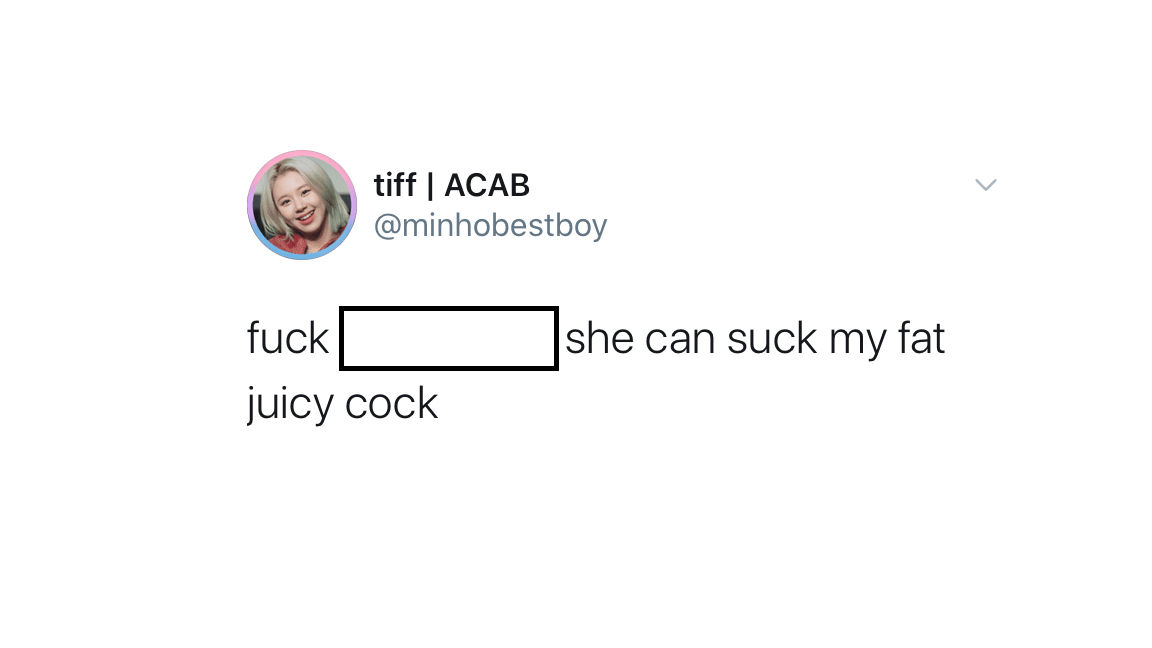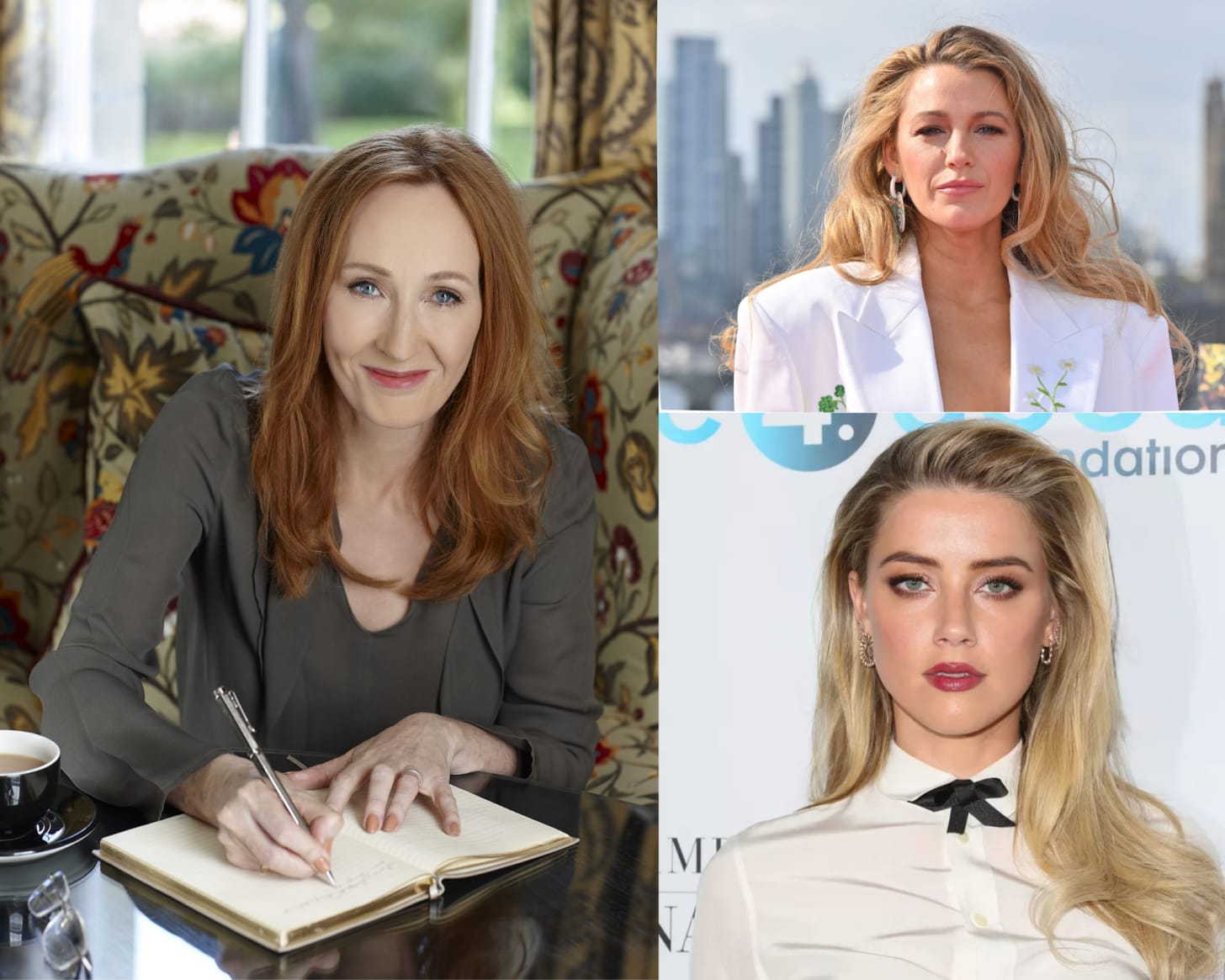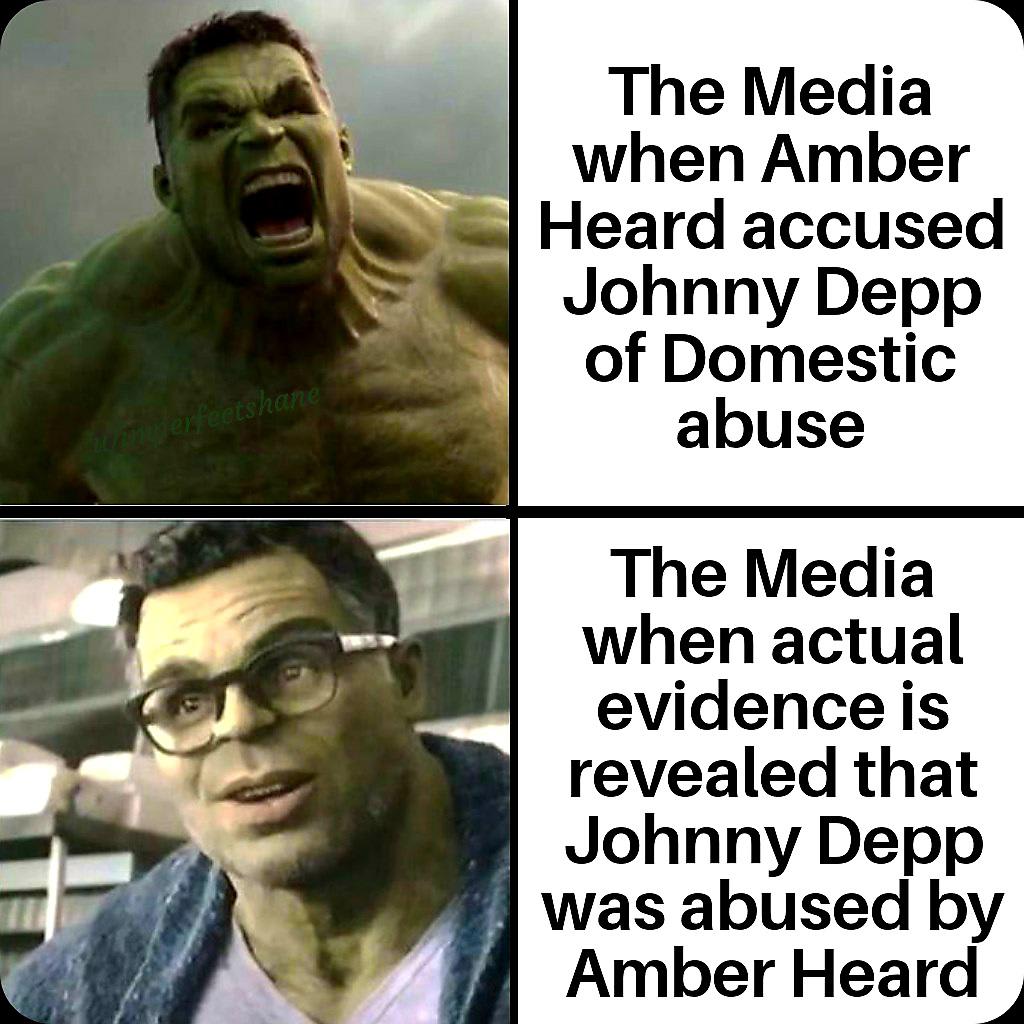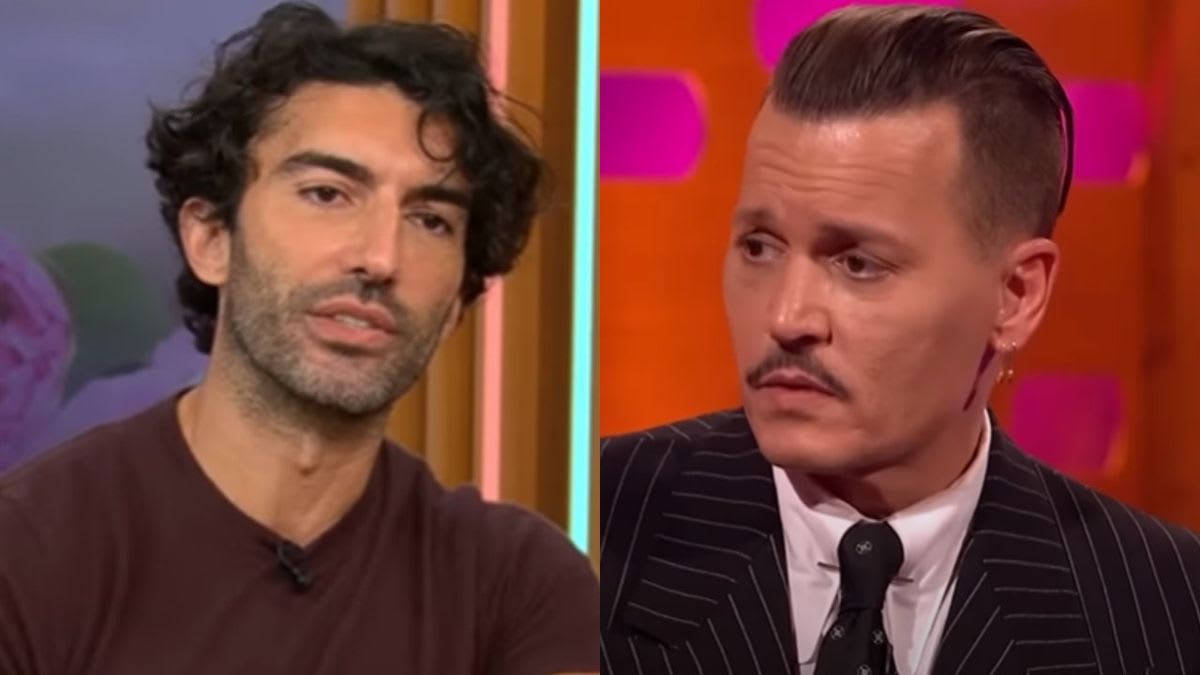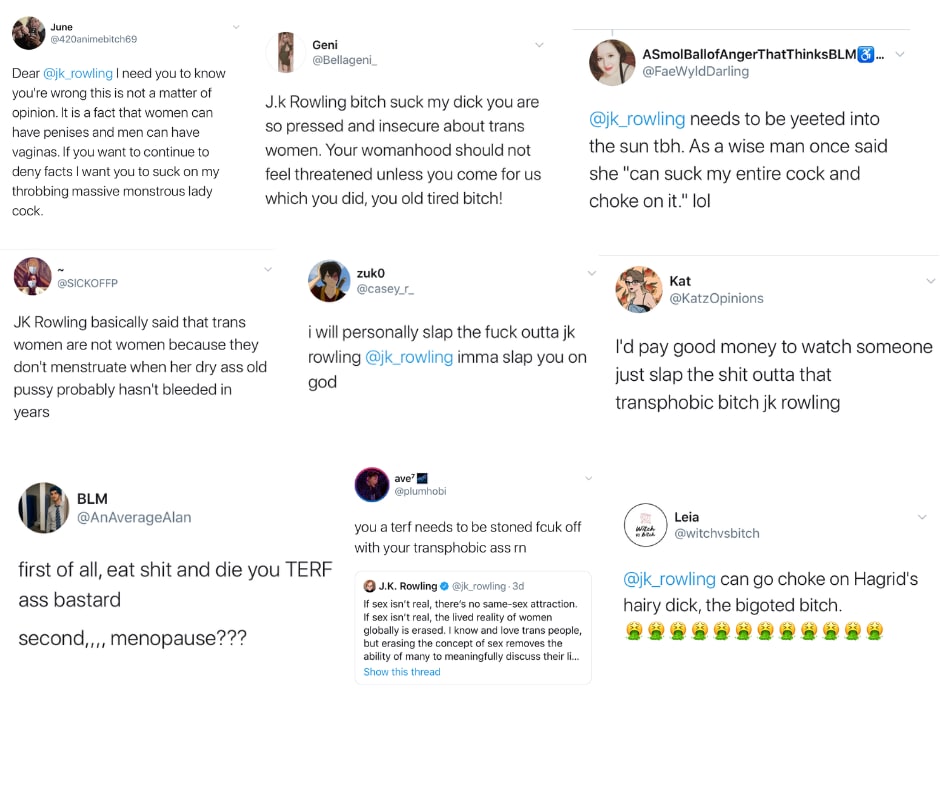I hate using caveats and disclaimers when writing; however, some people will mistakenly, or more often deliberately, misinterpret and weaponise others’ words and opinions. I am not here to debate whether the women I discuss have done bad things or whether their opinions are problematic or agreeable. I am also not here to defend any harmful behaviour. In fact, this piece is to say that if someone has done or said something sexist, misogynistic, racist, homophobic, or simply ignorant, it is not acceptable to respond in kind. That does not mean excusing it; it means refusing to fight sexism with sexism or hate with hate. I also want to make it clear that even if someone, particularly a woman, has done something wrong, I still believe she should be included in my feminism and advocacy. I do not want a sexist woman to receive rape threats, be raped, or face male violence or misogyny. Call me crazy. Finally, even though the material reality of these famous women is not worse than that of women in Congo, Haiti, Sudan, or Palestine, the attitudes and behaviours toward them, and the violent, misogynistic language directed at them, reflect the same underlying beliefs that lead to dire conditions for women around the world.
Let’s do a little experiment…
The comments below were made to and about a woman, just an average woman, as average as your classmate, colleague, mother, sister, or friend. I want you to read them with this in mind: just comments made to and about a woman.
“Fuck that woman.”
“I mean, come on, she’s clocky as fuck.”
“It’s just an ugly bigot with horrible hair, completely disrespecting the actual clocky queens who radiate beauty and positive energy in everything they do.”
“[Name] has a very unfortunate face.”
“Imagine being as much of a fat, ugly cunt as [Name].”
“Stupid, ugly, old, pathetic fucking bitch who will never experience an ounce of happiness or love in her life.”
“Fuck [Name] and her cracker, transphobic ass. Hope you shit bricks daily, you ugly cunt.”
“I hope she chokes on a transfem’s dick.”
“I hope she gets tortured and isn’t allowed to die until she speaks all the preferred names of every trans person ever devastated by the Holocaust.”
“The dumb bitch is right for once. [Name] is truly the joke of the century.”
“[Name] is a narcissistic, entitled bitch.”
“Fuck [Name], and I hope [Name] wins the Oscar so that those who compare real abuse victims to that lying bitch can be screwed.”
“Laugh all you want, your bottom bitch [Name] still can’t get a job.”
“If you don’t think [Name] is the worst actor to ever live, this is proof. She can’t even play dead convincingly. The putrid bitch doesn’t remember to close her eyes after months of rehearsal. I bet her new movie, [Name], will be her highest-rated B movie ever.”
“That bitch is guilty as fuck.”
“Fuck this little bitch and her PR stunt bullshit filing.”
“[Name] is a privileged white woman who uses her privilege to attack and ruin anyone who dares to stand up to her. Yes, [Name] is a man and has flaws, but he was the victim of her narcissistic abuse and inappropriate behaviour.”
“Reminder: fuck [Name]. That nasty bitch and her husband need to be locked up. Fucking weirdos.”
“Stop defending this stupid bitch, [Name]!”
Now, after reading them, what do you think? Do you believe these comments are unkind? Cruel? Misogynistic? Violent? How would you feel if someone said this to or about you, or another woman?
These comments were actually made to and about women you may dislike, women who are publicly disliked. They were made to, and about author J.K. Rowling and actresses Amber Heard and Blake Lively.
Now that you know this, do you still feel the same way?
If you answered “no” or “kind of,” then this piece is for you…
These three women are among many in the public eye who are disliked, criticised, “cancelled,” and abused, each for different reasons, yet all receiving the same misogynistic treatment. Ironically, all three have also been victims of male violence and mistreatment in their personal lives. J. K. Rowling’s ex-husband, Jorge Arrantes, emotionally and physically abused her. Amber Heard was emotionally and physically abused by her ex-husband and fellow actor Johnny Depp. Blake Lively was sexually harassed by her co-star, Justin Baldoni. They also share something else in common: each has said or done things considered “problematic.”
J.K. Rowling is like Voldemort (no pun intended): you say her name, and you’re either told to hush and not bring her up or scolded for even mentioning her. You’d think she had tried to kill a baby, murdered their parents, and committed atrocities around the world. Rowling’s “crimes” go back to 2018, when she liked a tweet referring to transgender women as “men in dresses,” which she later said was accidental. In 2019, she followed someone on Twitter who was a self-professed transphobe. But the real catalyst came in 2020, when she tweeted about an article with the ridiculous headline “Creating a more equal post-COVID-19 world for people who menstruate.” Rowling responded: “‘People who menstruate.’ I’m sure there used to be a word for those people. Someone help me out. Wumben? Wimpund? Woomud?” From there, it snowballed, making her the subject not just of critique but of online misogynistic abuse, harassment, and concerted efforts to have her deplatformed, cancelled, and her work, legacy, and popularity either erased or tainted. Rowling certainly bit back at her critics and abusers, sometimes stooping to their level, but because she bit back and because she said things people did not like about sex and gender, when she speaks about the online abuse she’s enduring, it is met with mockery, encouragement, justification, and more abuse.
Amber Heard has also committed several “crimes,” her minor one being that she’s a bad actress starring in bad, cringey movies, and the more serious being that she mutually abused Johnny Depp. Although more and more we’re seeing that mutual abuse doesn’t exist, people have decided that she abused Johnny just as much as he abused her, if not worse. What she actually did is called reactive abuse, which is nothing like the myth of mutual abuse. Victims of ongoing abuse will sometimes respond to their abuser with behaviours that may appear aggressive, confrontational, or harmful. These reactions are often preceded by prolonged verbal, emotional, psychological, or physical torment that leaves the victim feeling cornered or powerless. These reactions can then be used by the abuser to shift blame, distort the narrative, and paint the victim as the aggressor in an incredibly complicated form of gaslighting.
Of course, her abusers don’t believe this, so they’ve charged her with the physical abuse of the poor little victim, Johnny Depp. Her final “crime” is that she did not behave in the “right” way during the defamation trial. She apparently looked like she was lying, making light of the situation, and being “cringe.” Apparently, there’s a checklist for how a victim should act while on trial. Heard also lost the trial; the jury found that Depp had been defamed by her domestic abuse allegations. Now, even though the trial was not one of domestic violence to determine whether Depp was guilty of abusing her, but merely to see if Heard was guilty of defaming him by saying he abused her, people used that verdict and her “odd” behaviour to confirm their bias and decide that Amber Heard lied about her abuse. That, of course, is the cardinal sin, because she “ruins it” for all the real abuse victims, and it just goes to show that women often lie, right?
Finally, there’s Blake Lively. She has quite a bad reputation, and for many reasons, some of which I’ll list here: she had a plantation wedding; she admitted to doing blackface; she’s rude to fans and colleagues; she’s an arrogant nepo baby; she “stole” her husband, Ryan Reynolds, from his ex-wife Scarlett Johansson, etc. However, what really earned her villain status was her behaviour during the press tour for It Ends With Us, a movie about domestic violence based on a book heavily criticised for its problematic depiction of abuse. So, the cards weren’t in her favour to begin with, but she really did herself in when, during an interview, she was asked how she would respond if fans approached her to discuss their own personal experiences of abuse. She responded by joking, “Like, asking for my address, or my phone number, or, like, location share?”
Yikes. Not great, Blake.
Lively later filed a complaint with the California Civil Rights Department, alleging she experienced sexual harassment from the film’s director and co-star, Justin Baldoni. The New York Times reported that Baldoni then hired a PR crisis management team after she confronted him about the alleged harassment. Lively stated that Baldoni improvised unwanted kisses while filming, discussed his porn addiction and sexual encounters with her, and would enter her trailer while she was undressed or breastfeeding. However, because of her reputation for being a “stuck up bitch,” people took that as evidence that this claim was just another one of Blake’s “bitchy” stunts, her being a humourless woman trying to ruin Justin’s career.
The way these women have been spoken to and about is deeply misogynistic, sexist, and violent. We often think of misogyny and sexism in real-life scenarios, such as a man catcalling or assaulting a woman; however, they also exist in the online sphere. It has become increasingly common and acceptable because of the lack of regulation online and the protection of anonymity. Anonymity breeds aggression and brutality. Men who would never dare act this way in public for fear of retaliation or being caught flock to the internet to enact their abuse against women. And here’s the thing: even if a woman has been problematic, detestable, or offensive, as a feminist, I will always defend women who are being abused. I will always call it out without defending their actions, because no one deserves abuse, whether online or offline. Being likable is not a prerequisite for humanity, respect, or liberation.
I’m willing to bet that all of us have unlikable traits and behaviours and have been guilty of being rude, dishonest, sexist, racist, or ignorant. I don’t believe anyone who claims they’re perfect, unproblematic, or have never made an ignorant or prejudiced comment or held ignorant views. Of course, I’m not saying that because everyone has done and said ignorant things, it’s okay to be ignorant. However, the moral outrage people express over behaviours they themselves are guilty of is laughable and hypocritical. As if you’ve never been snappy to a family member, partner, colleague, or a random person when you were in a foul mood. I know that when I’m snappy, I can be impatient and mean to my loved ones. I’ve also said sexist things, I’ve slut-shamed, and I’ve been a mean girl. I am human; I am not perfect.
So, for me to be personally offended or disappointed in women I don’t even know for saying something sexist or ignorant is ridiculous. Sure, some of their comments were wrong, but to care enough to launch a coordinated misogynistic campaign against them? Absurd.
Whether we want to admit it or not, we grant ourselves and the people we like empathy and grace for the times they are being unpleasant, yet that empathy and grace evaporate when it involves someone else, someone we dislike, someone we have deemed “problematic,” especially if they are women. One may argue that the abuse of these women is based on their celebrity status, privilege, or wealth rather than their sex, but I disagree. There have been instances where both male and female celebrities have been criticised, trolled, and abused for no reason or for being problematic, and in some of those cases, the criticism was not sex-based. However, in the case of these three women and many others, the abuse is clearly rooted in their being women, not in their being white, famous, or rich. The bulk of the language and attacks are grounded in misogyny. Because sexism and misogyny have been normalised in daily life, in social interactions, media, news, television, film, law, and by politicians and “leaders”, it is unsurprising that they have also been normalised and enacted online. So while I am happy to discuss the nuances of celebrity criticism, I will not be gaslit into believing that calling women, famous or not, “cunts,” “whores,” and “sluts” is anything other than misogyny and sexism.
How is it not sexist, misogynistic, or sexually violent to say these things to or about J.K. Rowling:
“J.K. Rowling is still a cunt.”
“Fuck you, J.K. Rowling, you cunt.”
“J.K. Rowling’s a hag.”
“J.K. Rowling can go suck my average-sized lady dick.”
“J.K. Rowling can suck my dick.”
“I doubt you menstruate. I bet you’re all dried up down there.”
“J.K. Rowling, bitch, suck my dick.”
“J.K. Rowling, hey babe, wanna suck on my long, sexy NB cock?”
“Hey, J.K. Rowling, why do you think I’m a threat to your existence? Is it because my pussy pops and yours doesn’t?”
“J.K. Rowling, does your pussy stink? Like, I feel like she’s rotten. Please use water.”
“Buying pineapples for J.K. Rowling her pussy stinks.”
“J.K. Rowling’s pussy is probably so dry I don’t even know how she considers herself a woman by her own standards.”
How is it not sexist, misogynistic, or sexually violent to say these things to or about Blake Lively:
“Blake Lively is still a loser (not winning) and a confirmed liar.”
“Flake Lively is still a lying-ass bitch.”
“We see her acting like a cold-ass, mean-girl bitch and decide she probably is one. She’s a rich, spoiled brat who deserves every bit of criticism she gets. Bye.”
“Hubris finally bit Blake in the ass. Her beauty is her asset; she’s not that intelligent and is devoid of talent.”
“She just seems like a stupid bitch.”
“He wouldn’t touch that nasty bitch with a ten-foot pole.”
“She’s an ugly bitch.”
“She’s a whore and a cheater.”
How is it not sexist, misogynistic, or sexually violent to say these things to or about Amber Heard:
“I think she probably drove the man to drink. She looked pretty high-maintenance when they were dating, and you can’t tell me she didn’t marry him for the money or the fame.”
“Yes, she has sociopathic eyes, they always look cold and dead, no matter what expression she gives. That in itself is a tell-tale sign.”
“Toxic bitch.”
“Disgusting woman.”
“Cheating, alcoholic bitch.”
“I’d fuck her, but on a plastic-covered couch so when she shits on my side I can just clean it.”
“Still fuck her.”
“Wish I could taste her sweaty pussy and asshole.”
“Psycho bitch.”
“She is batshit crazy.”
“This woman is an absolute monster.”
The above comments aren’t general critiques about J.K. or Blake saying something ignorant, or Amber being a bad actress. These comments aren’t calling these women in to do better (not that I think victims of violence need to “do better,” but you get my point). These comments aren’t trying to educate them. They’re designed to demonise and hurt these women by using deliberately sexually violent language, imagery, innuendos, and misogynistic remarks targeting their appearance, womanhood, and female genitalia. These comments do nothing to advance any “social justice” cause. They are acts of bullying and the perpetration of misogyny and violence against women, disguised as being an “ally,” and as being radical in calling people out.
As I said before, we hold women to a different standard than men. If women, famous or not, are not the perfect daughters, sisters, mothers, wives, or people, they are seen as deserving of abuse and are often not believed or supported when they come forward about that abuse. However, it is somehow acceptable for men to be abusers, racists, sexists, rapists, or predators and still maintain their careers without facing rape threats, having their genitals mocked, or their manhood questioned. Johnny Depp, Justin Baldoni, Chris Brown, James Brown, Russell Brand, Sean Penn, Ozzy Osbourne, Charlie Sheen, Kanye West - almost none of these men have faced actual legal consequences, lost opportunities, and what JK, Amber and Blake have endured, and many of these men have been found guilty of committing actual crimes! If this does not show a double standard, then I do not know what will.
If J.K. Rowling were a Black man, say, Kanye West, the famous and iconic rapper and producer with openly antisemitic views, let’s imagine the same situation reversed. Place Kanye in J.K.’s position and substitute the misogynistic language used against her with racial and sexist slurs aimed at him. It might look like this:
“Imagine being as much of a fat, ugly nigger as Kanye.”
“Fuck Kanye and his nigger, antisemitic ass.”
“Fuck this little cocksucker and his PR stunt bullshit.”
“Kanye’s dick is probably so small I don’t even know how he considers himself a man.”
Does your reaction to those comments differ from when you read similar ones directed at a woman? It likely does, and yes, they are vile. Even I, a Black woman, hesitated to type the racial slur because it provokes a stronger visceral reaction than words like “cunt,” “slut,” or “whore.”
In other words, when it comes to slurs… If she’s a woman, who gives a fuck. If she’s a white woman, people care even less. And if she’s rich? Well, then, why haven’t we beheaded her yet?
Here are some actual comments that were made to and about Kanye:
“Antisemitic shitstain.”
“Nothing more un-American than a Nazi.”
“Y’all just doin’ anything to be anti-Black.”
There was even an article with the following headline and subheading, advising people how to engage in critical discourse without being racist toward the subject of their critique: How should white people talk about Kanye West? There are good reasons to be concerned about the very harmful comments that Kanye has been making. But you, a concerned non-Black person, may be wondering how to join the discussion.
“This means that even when you are discussing how universally shitty West is being, you are also discussing a Black man as a non-Black person, and the way you do so can contribute to anti-Blackness in a way that you may not intend, but will still be responsible for.”
“There are people who will love to see you tear down West, not because what he’s saying is absolute trash, but because he’s a Black man.”
“And if you are worried that these boundaries will leave you with little to do, rest assured: there is only one West, but there are millions of anti-Black opportunistic pieces of shit who are in desperate need of you telling them that they are opportunistic pieces of shit. It should keep you far too busy to even consider jumping into Black Twitter to figure out how you can make a #IfSlaveryWasAChoice meme that isn’t racist.”
“If you think that you get to criticise Black people for selling out to the system of anti-Blackness that you as a non-Black person benefit from and help maintain, you need to check your privilege and be quiet for a while.”
“Know that we will collect our own. West is currently being dragged to hell and back by his own people with more love and style than you will ever be able to manage. We got this. There’s nothing you can add to that particular conversation that is worth saying.”
“There are plenty of people who will love your comments... because they feel the same way about all Black people.”
Talk about coddling. Not to say that people should be racist toward Kanye, but the double standards make my blood boil. Do you see how Kanye, a black man, is given the benefit of the doubt? Do you see how we’re told that his deplorable acts have nothing to do with him being a man? Do you see how his problematic past isn’t brought up? Do you see how people are told to stay in their lane and leave him alone? Dragged with more love and style? Why wasn’t Blake Lively “dragged” with love? She just gets abused. Do you see the bullshit? Do you see how they acknowledge that some people might use Kanye’s racist spiral as an excuse to be racist toward him? And yet when I and other feminists say that people use J.K.’s, Amber’s, and Blake’s real or perceived past mistakes to enact misogyny under the guise of “calling out,” we’re gaslit and told it has nothing to do with them being women.
Apologists for this behaviour will either say it’s not misogyny, which we’ve already disproven, or they’ll say, yes, it is misogyny, but it’s less bad because “We’re critiquing white women. We’re critiquing privileged white women. White woman tears.” Well, newsflash, since you all claim to listen to Black women, as a Black woman, I will say this: just because you put white before the word woman and then say something misogynistic doesn’t make it any less misogynistic.
My feminism isn’t conditional on a woman’s skin colour, wealth, or how likable they are. When I see a woman being targeted by misogynists, I call it out, because it affects all women. The treatment of these three women and the lack of outrage at their abuse show how comfortable men, and some women, are with misogyny.
Racism is a no-go in any context. The same goes for homophobia or ableism. But misogyny? Somehow that’s fine. It shouldn’t be. Under no circumstances is misogyny acceptable. Threatening to rape someone, wishing rape on someone, or using misogynistic slurs toward women should all be equally unacceptable. I’ve asked myself if people’s acceptance of misogyny is because it “only” affects women, thus seen as unworthy of concern, whereas something like racism affects both men and women, as do ableism and homophobia, which affect lesbians and gay men alike. If misogyny hurt more than women, if it hurt men, would people then care?
If the answer is yes, then I’ll say this: misogyny hurts girls, women, Black women, Asian women, Middle Eastern women, able-bodied women, disabled women, rich women, poor women, all women. Is that enough? Or shall I add men to the list? Is it only worthy if it fits the “collective class struggle”? Does misogyny not meet the left’s criteria for advocacy?
I used to be one of those people trapped in internalised misogyny when it came to famous women, especially if they were white. Even though I always believed Amber Heard, the noise from the media and from people around me started to wear me down: Yeah, maybe she is a liar. She did hit him. Maybe it was mutual abuse. The same goes for J.K. Rowling. I used to laugh at the pathetic “jokes” people made about her looks and genitals and say, Well, she’s a rich white woman. She can take it. Gross, I know. But I soon learned that how they treat her, Amber, and Blake is exactly how they’ll treat me and other women if we ever do something “wrong.” They won’t spare me either, the they being men, especially leftist men.
As I said in a previous piece of mine, Beware of the Leftist Man, the left tends to co-opt movements and muck everything up. It has a terrible attitude and track record when it comes to women and misogyny. They claim to be the movement of empathy and inclusion, but unless you’re perfect, you don’t belong. You make one mistake, one misstep, and you’re done. There’s no coming back. They claim to critique fascism and authoritarianism, yet they practise both. They rule with an iron fist. You make a mistake, and you’re on the guillotine. If you’re white, you don’t even get a trial, straight to the guillotine. If you’re rich, well, that’s even worse! No trial, just burned at the stake.
The men in these circles and movements know they’re protected; they know they’re less likely to be called out for misogyny because they’re surrounded by yes-men and yes-women, misled, sexist, and soaked in internalised misogyny, cheering them on. They frame their misogynistic “critique” within race or class so that, if they happen to be called out, they have plausible deniability. They’ll say: I’m critiquing Amber Heard for her white privilege and how it allowed her to benefit from the justice system. People feel more sympathy for a white woman on trial, whereas a Black man or woman is not afforded that same sympathy, and that’s due to systemic racism.
They do the same shit Charlie Kirk did. Kirk didn’t always say blatantly racist or misogynistic things; he framed them so he had plausible deniability: I never said Kamala would be a bad president because she’s Black and a woman. I said she’d be bad because she’s a DEI hire, and that means she wasn’t chosen for her qualifications.
As I said at the beginning of my piece, I am not here to defend or absolve any of these women, or any other women who may have done problematic things. First, because that is not the point, and second, because doing so would feed into the idea that, to convince you that misogyny is wrong, I must first convince you that these women did nothing wrong or that they are somehow deserving of your support despite their flaws.
What I am asking, if you have not understood this already, is that if you call yourself a feminist, you should examine how you think about, talk about, and support (or choose not to support) women you dislike. I mean this not only for public figures like J.K. Rowling, Blake Lively, and Amber Heard, but also for women in your personal life: colleagues, friends, classmates, or family members.
Reflect on how you speak and feel about them, especially in the context of your feminism. When critiquing women, do so without being misogynistic. If you feel the need to use misogyny to criticise a woman, ask yourself why. And if you catch yourself thinking she “deserves” it or that it’s not a big deal because she’s problematic, interrogate that. Ask yourself why you feel less empathy for certain women when they share experiences of sexism and misogyny, or when you witness them facing sexism and misogyny, simply because they have said or done something you disagree with. Think about that. Examine it critically. Acknowledge your own biases and internalised misogyny.
Because if your feminism is conditional, if you rule with an iron fist, then one day, when you inevitably face sexism or abuse, the same people whose behaviour you mirrored will turn on you. They will use your past or your flaws to decide whether you meet their standards for advocacy. So ask yourself: why do you believe women must be a certain kind of person to deserve your support?
Thanks for reading How we talk about women we don’t like! If you’ve made it this far, you’re already subscribed, so why not share my work with fellow readers and writers too? And if you haven’t subscribed yet, do it, it’s free!
.png)

